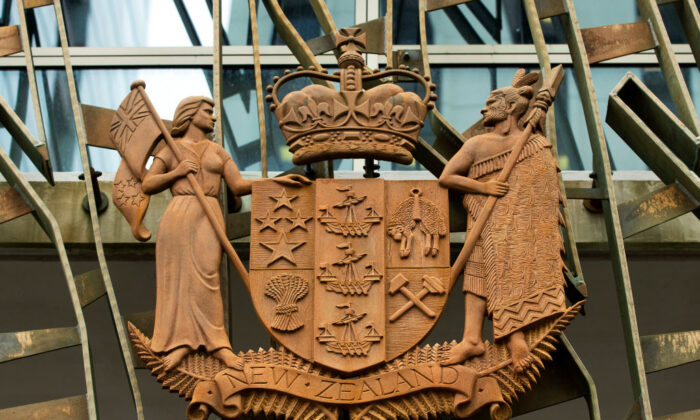Stuff asked the following question
As the country returns to normal after Covid-19 restrictions, Government ordered vaccine mandates have now ended.
The mandates caused the loss of jobs for some and were a key issue for anti-vax protests. Were they necessary, did they work and will we ever use such a measure again?
Stuart Smith
National MP
Kaikoura
Below is Stuart Smith’s response.
When Covid-19 hit our shores almost two-and-a-half years ago, it was a worrying time for many. The uncertainty about the virus, coupled with the unprecedented lockdowns and the knock-on effects on businesses made it an incredibly distressing and arduous two years for Kiwis across the country.
As the Omicron variant pushed its way through New Zealand earlier this year, it quickly became clear that a shift in our response was needed. This brought a lot of hope that easing restrictions might signal a return to normality and that an open border would mean we could see our loved ones overseas.
Unfortunately, it took the government a little longer to see it the same way.
The National Party called on the government to begin to phase out mandates, abolish vaccine passes and end the confusing Traffic Light framework back in March 2022.
The science showed that whilst vaccination was incredibly important in stopping people from needing hospital care and potentially even dying, it was less effective at preventing transmission of the virus. As they existed, the restrictions and mandates became increasingly less relevant in our highly vaccinated population as Omicron became endemic.
While Covid was running rampant around the country, our healthcare system was under immense pressure – and it still is. In addition to the surge in Covid-19 cases, winter illnesses have piled on more pressure. However, despite the demands on our health workforce, many doctors and nurses were told they could not work if they were unvaccinated.
At the end of July, there were over 200,000 New Zealanders on some form of health wait list – surgical or first specialist appointment. Kiwis are struggling to see their GP in a timely fashion, and thousands are leaving hospital emergency departments without being seen because the wait times are so long.
On top of that, the government is failing to attract overseas nurses. Despite this country’s critical shortage, it is unwilling to offer them an immediate pathway to residency, even though we are 4,000 nurses short in New Zealand.
New Zealand has a highly vaccinated population and a health system under huge pressure. The vaccine mandate took out around 400 nurses and 50 doctors from working.
There should be some safety protocols in place for healthcare workers, and ensuring that unvaccinated workers produce a negative test before going to work is something National supports. It’s a simple and logical way to fill vital gaps in our workforce and alleviate some pressures on our healthcare system.
When we look back at the Covid-19 era in New Zealand, it will become clear that the government slipped behind the eight ball. We did well in 2020 to stamp out the initial virus, but instead of preparing for what was to come, the government spent 2021 in self-congratulation mode, meaning we were slow to react when the landscape changed.
The next National government has committed to a Royal Commission inquiry into the entire Covid-19 response. That is incredibly important because we need to fully understand what happened, why it happened and its effects on New Zealanders. This will help to inform our planning for the future.

